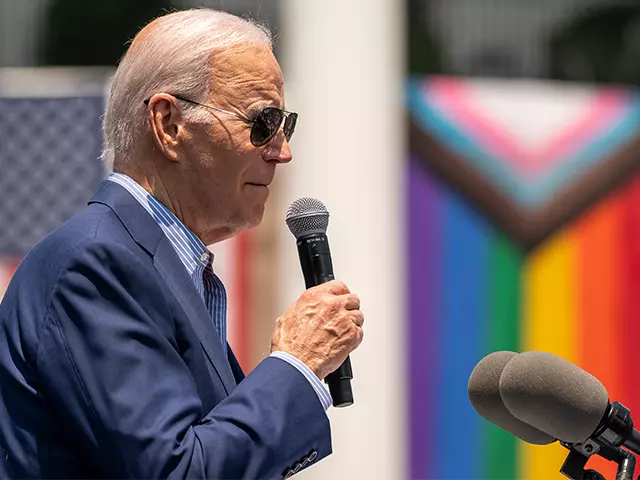The American nation is currently grappling with the issue of transgender athletes participating in women’s sports events. Over the past few weeks, several instances have arisen where male-to-female transgender athletes have won competitions that were once dominated by female athletes. This has sparked widespread debate about fairness and equality in these sporting events.
In recent developments, transgender athlete Andraya Yearwood claimed the 100-meter dash at the Connecticut State Track Championships for girls. Meanwhile, Braelyn Davis won the 1,600 meters race at the same event. Both athletes are biologically male but now identify as female.
The situation has been met with backlash from some quarters who argue that these victories undermine the hard work and dedication of female athletes. The National Collegiate Athletic Association (NCAA) is also under pressure to amend its rules regarding transgender participation in sports events, particularly at the college level.
On a broader scale, this issue speaks to the ongoing cultural conflict between conservatives and liberals over the concept of gender identity. Conservative groups argue that recognizing an individual’s self-identified gender rather than their biological sex opens up opportunities for unfair advantage in competitive arenas such as sports. They maintain that transgender athletes should compete according to their birth sex, not their chosen gender.
Liberal supporters, on the other hand, argue that restricting transgender individuals from participating in events aligned with their self-identified gender is discriminatory and unjust. They believe that everyone should have equal access to opportunities regardless of their biological makeup.
The discord between these two perspectives has led to a significant amount of tension within American society. As public opinion shifts, it becomes increasingly clear that there may be no easy solution to this complex issue. It remains to be seen how policymakers will navigate these murky waters, particularly as the topic continues to gain prominence in national discourse.
The ongoing debate about transgender participation in sports raises important questions about fairness and equality in competitive environments. As more states pass laws allowing transgender athletes to compete based on their self-identified gender rather than their biological sex, it is likely that this issue will continue to generate significant controversy among both supporters and opponents of such policies.
Ultimately, the outcome of these discussions could have far-reaching implications not only for the world of sports but also for broader societal norms surrounding gender identity. As policymakers grapple with how best to address these challenges, it is essential that they engage in thoughtful dialogue and consider all perspectives to ensure a fair and just resolution for all involved.

